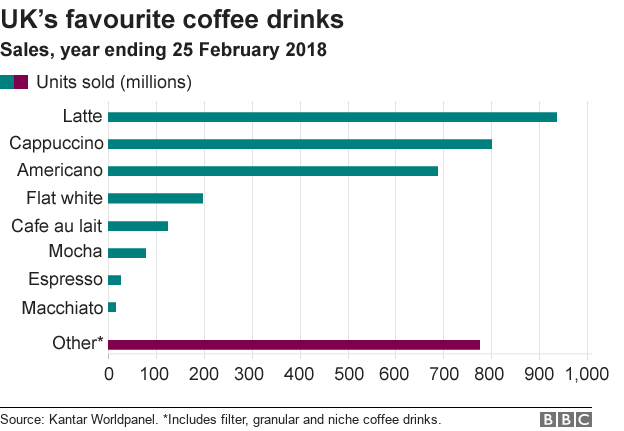- Joined
- Jul 25, 2008
- Messages
- 60,479
- Points
- 113
for me the best coffee blend is a mix of jacob's wonderbar and silken splendor beans from philz. always buy them as full beans and grind them yourself using a fine grinder. and brew each cup yourself using turkish drip and flask or a filter and can kopitiam style. add a few drops of full cream (not that half and half shit) and viola! but if you prefer them to brew and serve you, you have a choice of blends from light, medium to dark roast.






 :p
:p

